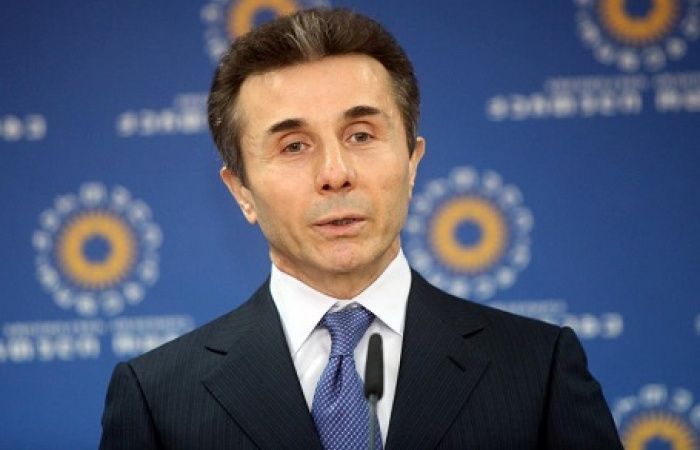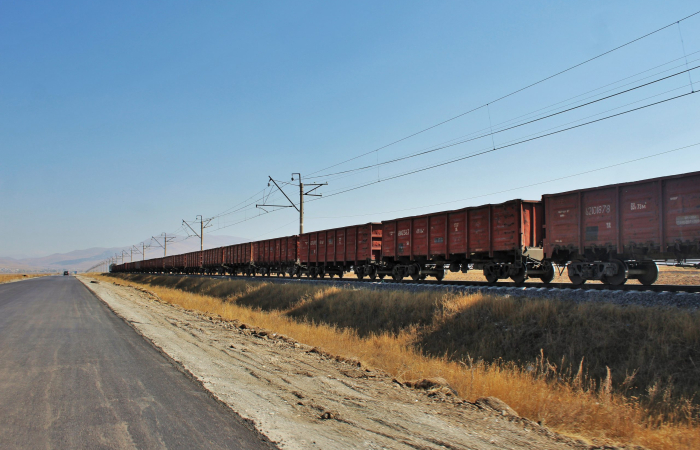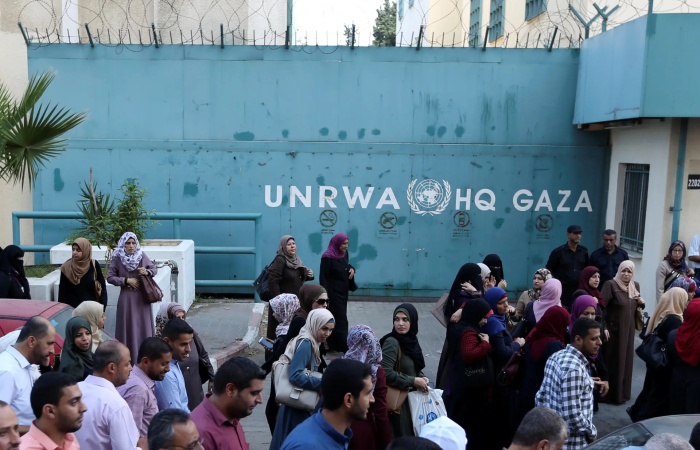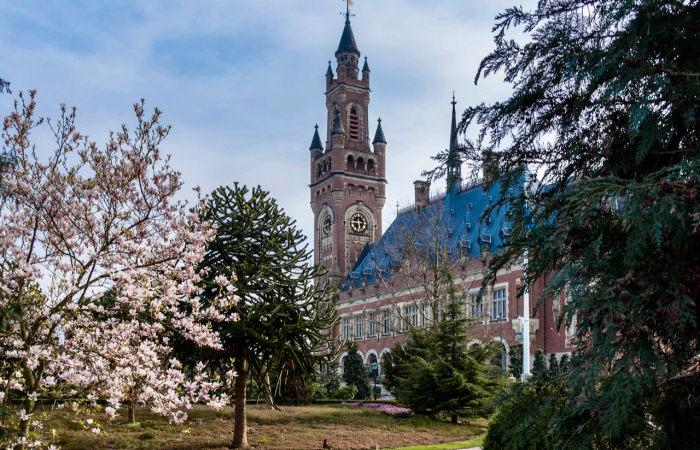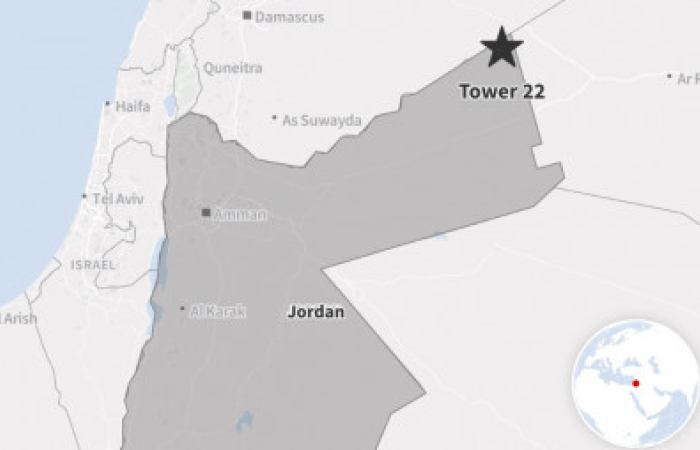Trending
Georgia's "supreme leader"
1 February 2024
An extraordinary congress of Georgia's ruling Georgian Dream party on Thursday formally agreed the nomination of Irakli Kobakhidze to the post of prime minister. He is expected to be endorsed by parliament tomorrow. After the Party Congress, which lasted about 16 minutes, Kobakhidze told journalists that all ministers would remain in office except for Defense Minister Junasher Burchuladze who is to be replaced by the Deputy Speaker of Parliament, Irakli Chikovani.
Irakli Garibashvili, the former Prime Minister of Georgia, resigned from his post on January 29, and today replaced Kobakhidze as the Chairman of the “Georgian Dream".
The swap is seen as another expression of the power wielded by Bidzina Ivanishvili who just before new year made a dramatic return to front-line Georgian politics. In a commentary which was first published on the electronic newsletter, Caucasus Concise on 1 February, commonspace.eu research team discusses the role of Ivanishvili as the "supreme leader" of Georgia. They argue that "in democracies political leaders are accountable not only to the voters in elections, but also subject to scrutiny by parliament, the media and civil society. Bidzina Ivanishvili needs to be accessible to all these parts of the Georgian body politics. He needs to be able to explain policies, answer questions and accept the responsibility for decisions taken not only by him but also by his subordinates, for the Georgian Dream's government is Ivanishvili's government, and there is little doubt left about that."



